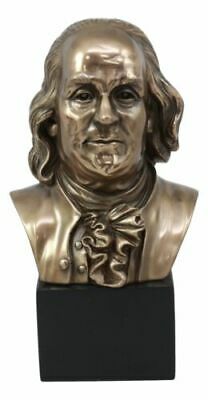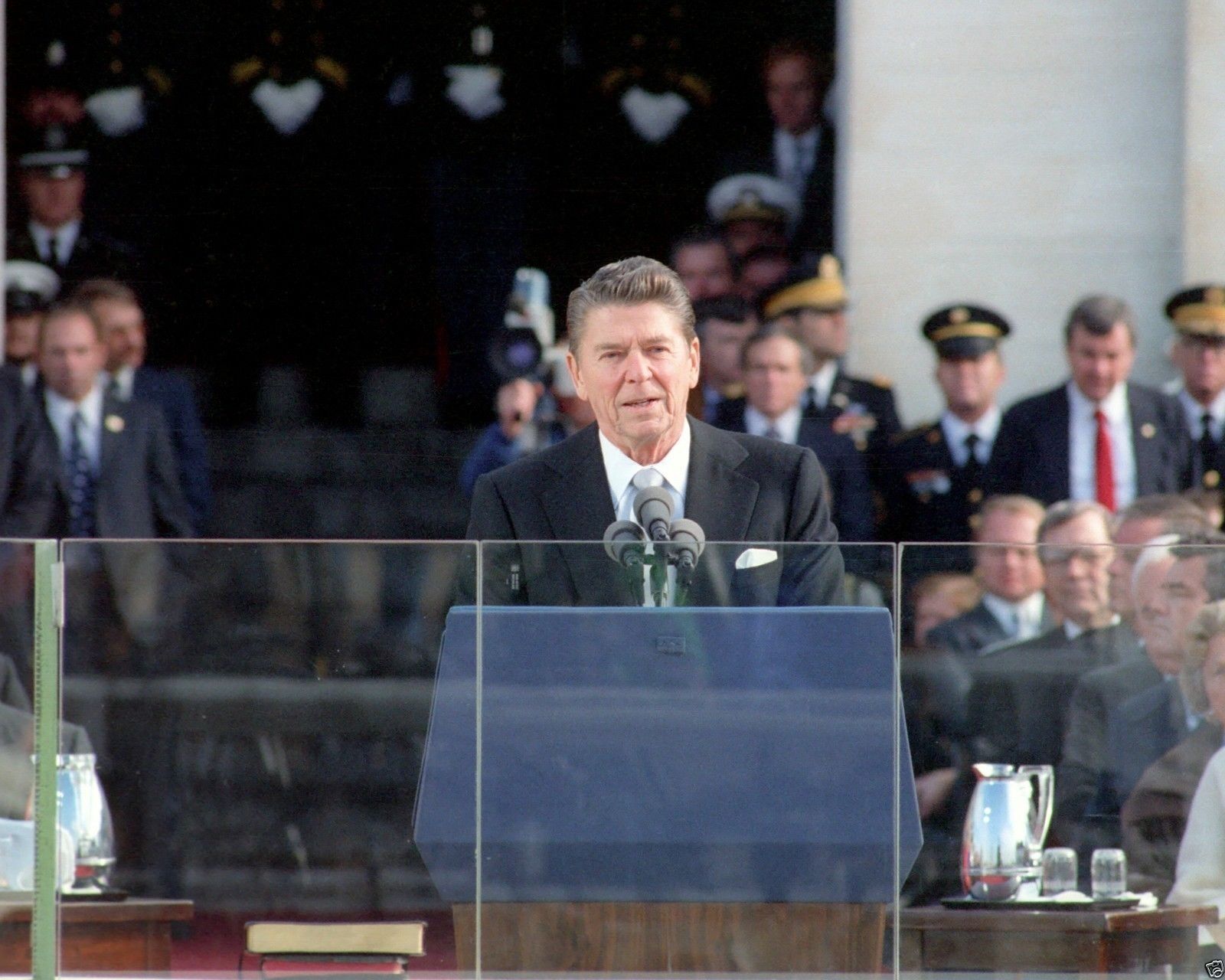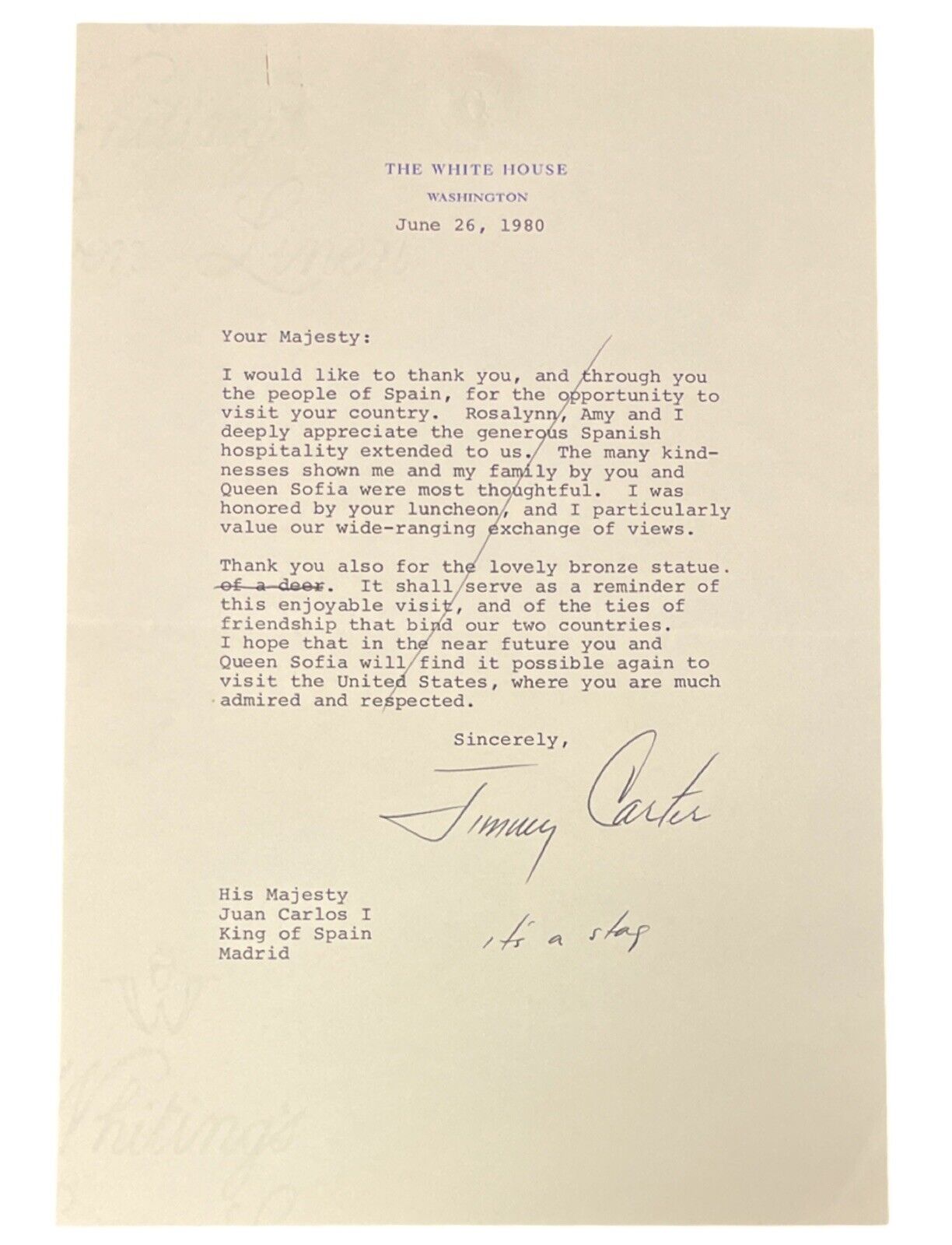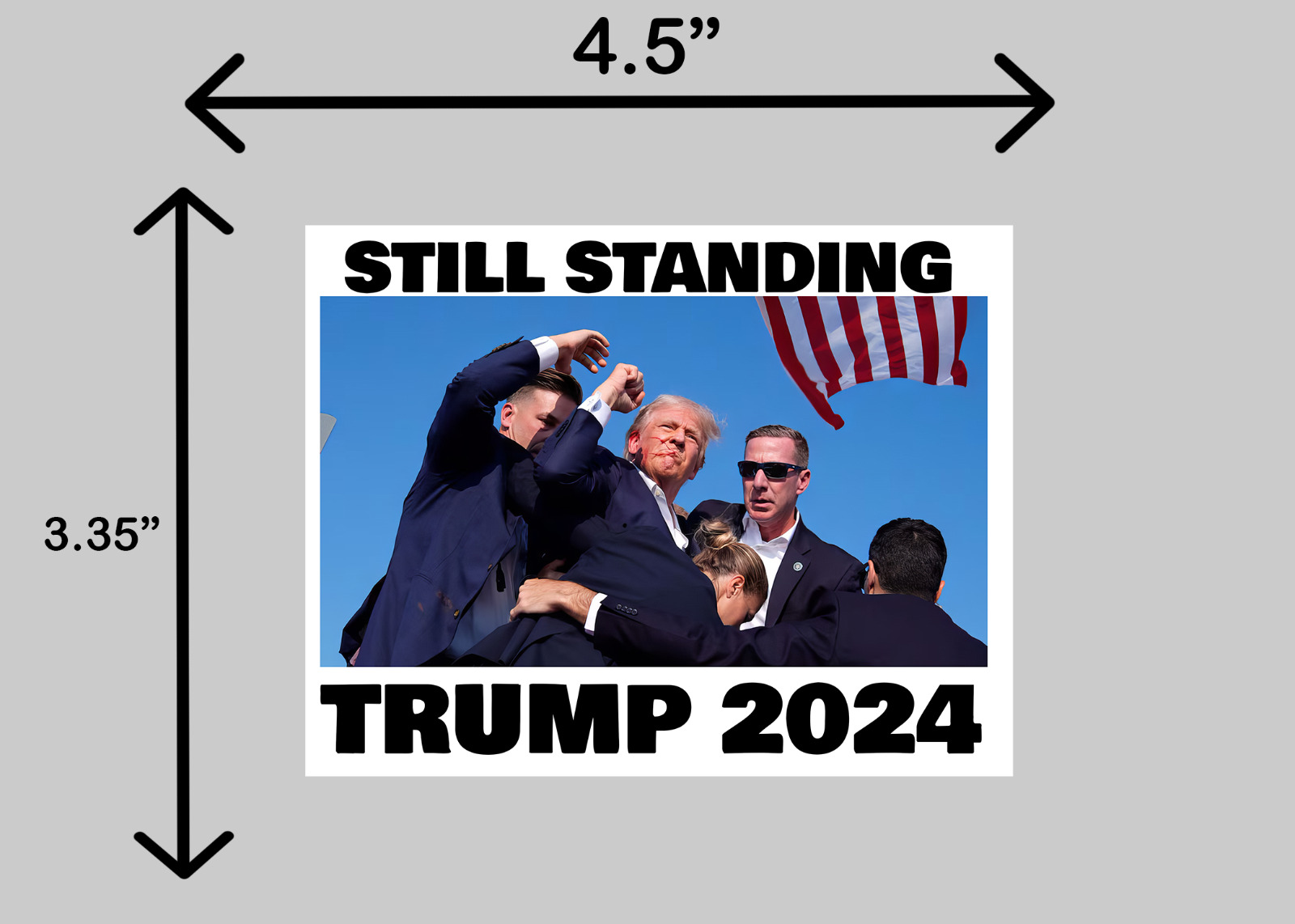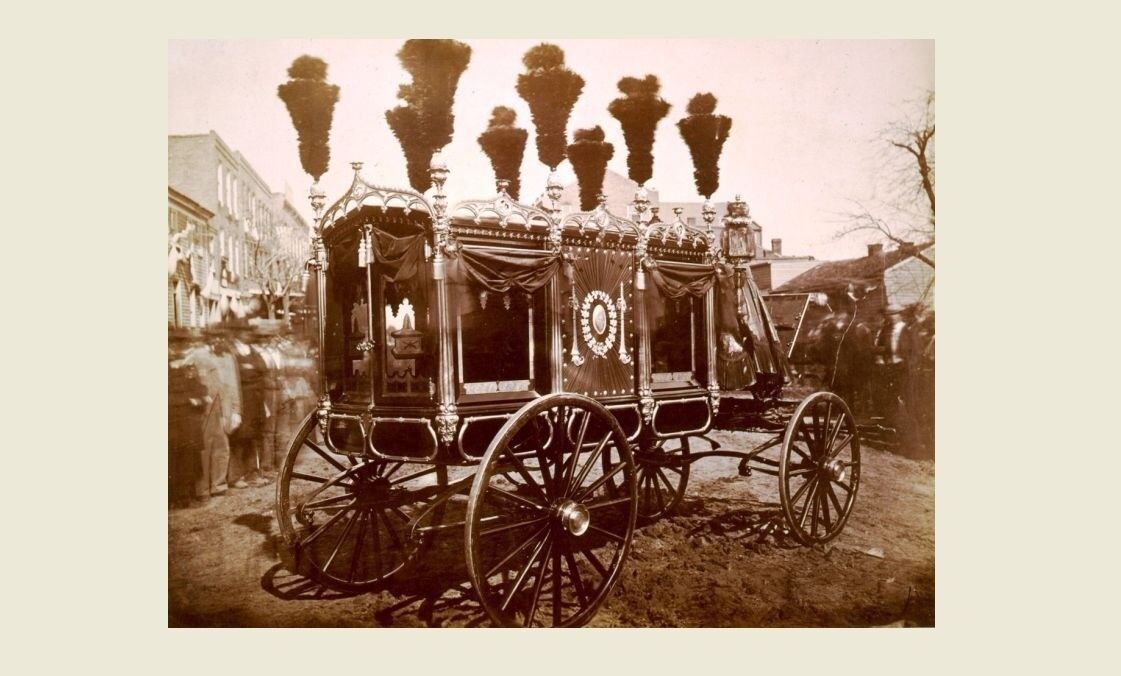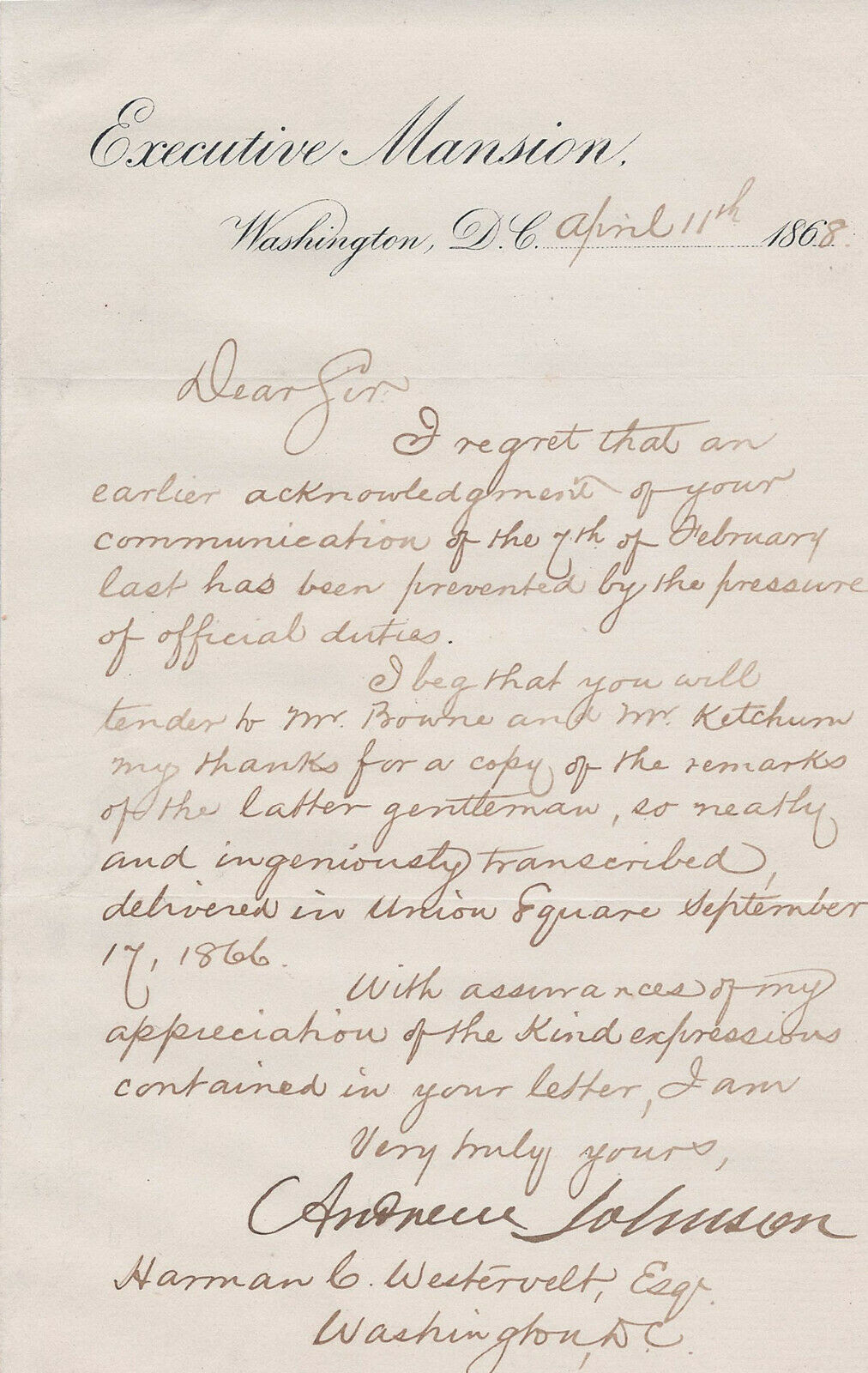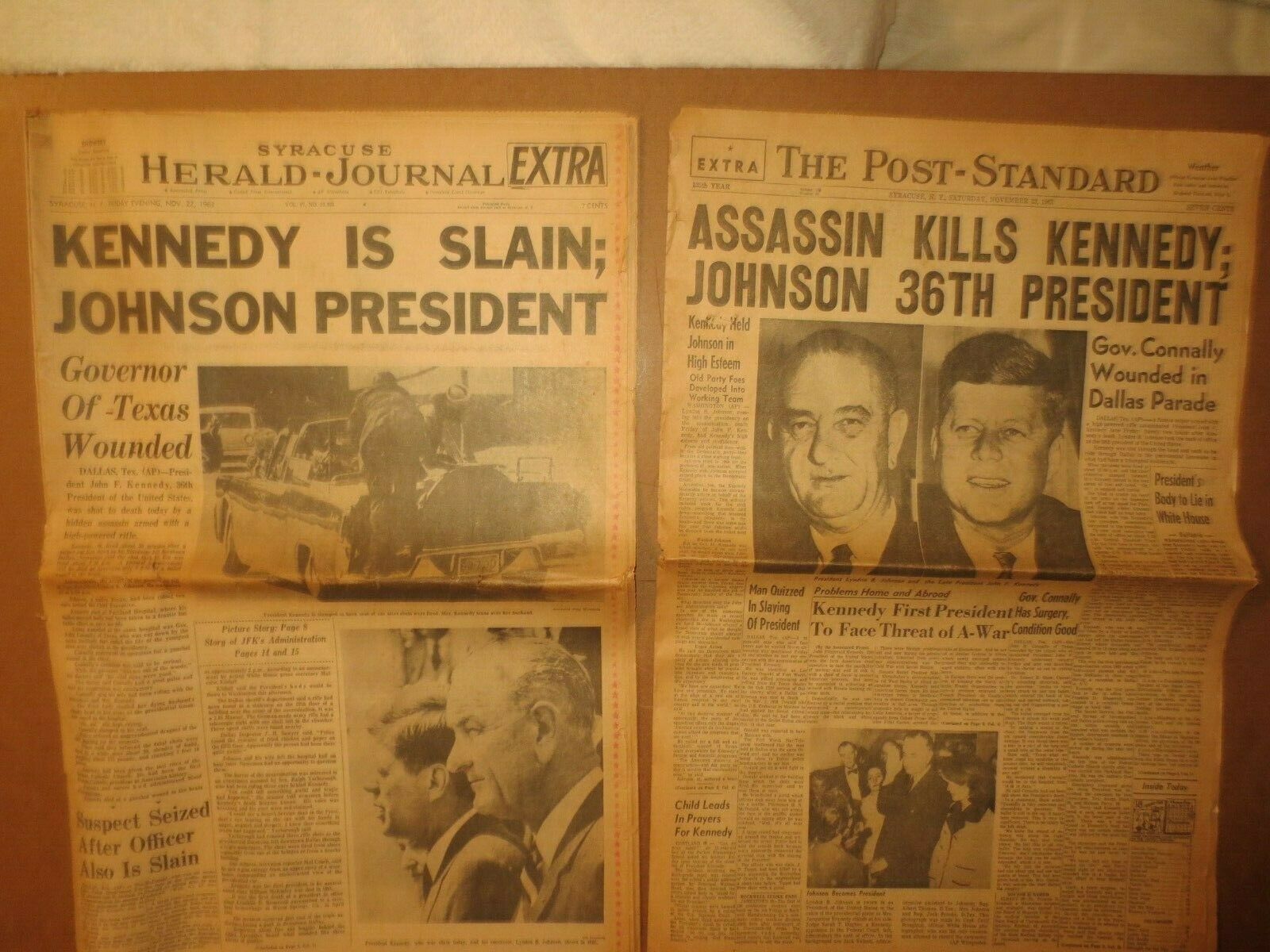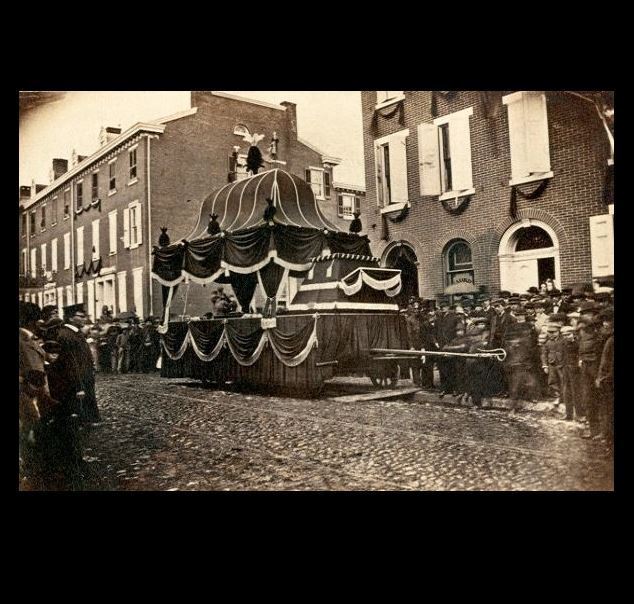-40%
1896 WILLIAM MCKINLEY GARRET HOBART 7/8" campaign pin pinback button political
$ 37.99
- Description
- Size Guide
Description
An Original1896 William McKinley Presidential Campaign Jugate Button, Featuring Vice President Garret Hobart
Pinback button promoting William McKinley for president and Garret Hobart for vice president, 1896. Newell Bros. Mfg. Co., Springfield, Massachusetts.
Classic "Sound Money Protection" slogan.
When William McKinley was nominated for president in 1896 on a platform of hard money and high tariffs, Garret Hobart of New Jersey was the natural choice for the second spot on the ticket. A stalwart conservative from a densely populated state, he was an outspoken champion of the Gold Standard. His one important act as vice president was to cast the tie-breaking vote in 1899 against an amendment to the treaty with Spain that would have promised future independence for the Philippine Islands. He died in office shortly thereafter.
This vintage celluloid pinback, one of the earliest made for a political campaign, features portraits of McKinley and Hobart.
William McKinley
(January 29, 1843 – September 14, 1901) was the 25th President of the United States from March 4, 1897 until his assassination in September 1901, six months into his second term. McKinley led the nation to victory in the Spanish–American War, raised protective tariffs to promote American industry, and maintained the nation on the gold standard in a rejection of inflationary proposals.
McKinley was the last president to have served in the American Civil War, and the only one to have started the war as an enlisted soldier, beginning as a private in the Union Army and ending as a brevet major. After the war, he settled in Canton, Ohio, where he practiced law and married Ida Saxton. In 1876, he was elected to Congress, where he became the Republican Party's expert on the protective tariff, which he promised would bring prosperity. His 1890 McKinley Tariff was highly controversial; which together with a Democratic redistricting aimed at gerrymandering him out of office, led to his defeat in the Democratic landslide of 1890. He was elected Ohio's governor in 1891 and 1893, steering a moderate course between capital and labor interests. With the aid of his close adviser Mark Hanna, he secured the Republican nomination for president in 1896, amid a deep economic depression. He defeated his Democratic rival, William Jennings Bryan, after a front-porch campaign in which he advocated "sound money" (the gold standard unless altered by international agreement) and promised that high tariffs would restore prosperity.
Rapid economic growth marked McKinley's presidency. He promoted the 1897 Dingley Tariff to protect manufacturers and factory workers from foreign competition, and in 1900, he secured the passage of the Gold Standard Act. McKinley hoped to persuade Spain to grant independence to rebellious Cuba without conflict, but when negotiation failed, he led the nation into the Spanish–American War of 1898; the U.S. victory was quick and decisive. As part of the peace settlement, Spain turned over to the United States its main overseas colonies of Puerto Rico, Guam, and the Philippines; Cuba was promised independence, but at that time remained under the control of the U.S. Army. The United States annexed the independent Republic of Hawaii in 1898 and it became a U.S. territory.
Historians regard McKinley's 1896 victory as a realigning election, in which the political stalemate of the post–Civil War era gave way to the Republican-dominated Fourth Party System, which began with the Progressive Era. McKinley defeated Bryan again in the 1900 presidential election, in a campaign focused on imperialism, protectionism, and free silver. However, his legacy was quickly cut short when he was shot on September 6, 1901 by Leon Czolgosz, a second-generation Polish-American with anarchist leanings; McKinley died eight days later, and was succeeded by his Vice President Theodore Roosevelt. As an innovator of American interventionism and pro-business sentiment, McKinley's presidency is generally considered above average, though his universally positive public perception was soon overshadowed by Roosevelt.
Item Details:
This button is in NEAR MINT condition and will be a fantastic addition to upgrade any collection large or small.
This button measures
7/8
inches in diameter.
Please disregard any glares or shadows. The button is in NEAR MINT condition.
All of our pinbacks and buttons are authentic and backed 100% by the PoliticalPins4YOU Guarantee.
Buy with Confidence -- see our feedback!!
Please feel free to browse our
store
for more great deals on your favorite presidential campaign pinbacks
ranging from Theodore Roosevelt to today.
Visit Our eBay Store: Political Pins 4 You
Thank you so much for looking. God Bless America!!
Sign up for our email newsletters
by adding our eBay Store to your Favorites.
Be sure to add us to your
favorites list
!


